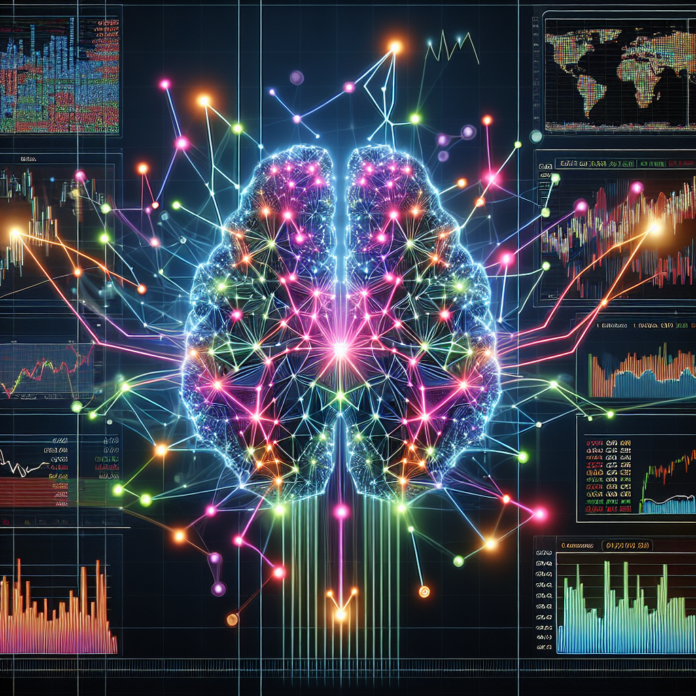Introduction:
As technology continues to advance, artificial intelligence (AI) has gained significant traction across various industries. One area where AI is making a substantial impact is in market forecasting, particularly in predicting the performance of stock markets such as the Dow Jones Industrial Average (DJIA). This article explores the role of AI in Dow Jones market forecasting and its implications for investors.
- AI for Data Analysis:
Artificial intelligence algorithms are capable of analyzing vast amounts of historical financial data to identify patterns and trends that may influence future market movements. These algorithms can process and interpret information much faster than human analysts, providing valuable insights for market forecasting. Companies like AlphaSense and Quandl specialize in collecting and analyzing financial datasets that contribute to accurate predictions. - Machine Learning for Predictive Modeling:
Machine learning, a subset of AI, enables the creation of predictive models that learn from historical data and adapt to changing market conditions. By analyzing a range of factors such as historical price data, trading volumes, news sentiment, and macroeconomic indicators, machine learning algorithms can generate forecasts with a high degree of accuracy. - Sentiment Analysis and News Monitoring:
The emergence of social media and online news has amplified the impact of public sentiments on market movements. AI-powered sentiment analysis tools enable investors to gauge public perception and sentiment towards specific stocks or the overall market. Companies like Quid monitor news articles, social media posts, and other sources to provide real-time sentiment analysis for informed decision-making. - Algorithmic Trading:
AI is increasingly driving algorithmic trading, which uses complex algorithms to make high-speed trading decisions. These algorithms analyze market data, identify trends, execute trades, and manage portfolios with minimal human intervention. This approach removes emotional bias and allows for better response time to market conditions, potentially yielding more favorable trading outcomes. - Risk Management and Trading Strategies:
AI algorithms can also assist in identifying potential risks and developing trading strategies. Companies like Kensho Technologies provide AI-powered risk management solutions that quantify and analyze market risks, aiding investors in making informed decisions. Additionally, AI algorithms can identify profitable trading patterns and optimize trading strategies to maximize returns while minimizing risks.
Conclusion:
Artificial intelligence has revolutionized the field of Dow Jones market forecasting. By leveraging AI technologies such as data analysis, machine learning, sentiment analysis, and algorithmic trading, investors can gain valuable insights into market trends and make more informed investment decisions. As AI continues to advance, it is expected to play an increasingly vital role in predicting market behavior and enhancing investment strategies.
External Links:
- AlphaSense – https://www.alpha-sense.com/
- Quandl – https://www.quandl.com/
- Quid – https://quid.com/
- Kensho Technologies – https://www.spglobal.com/marketintelligence/en/campaigns/kensho




 AGF-B.CO
AGF-B.CO